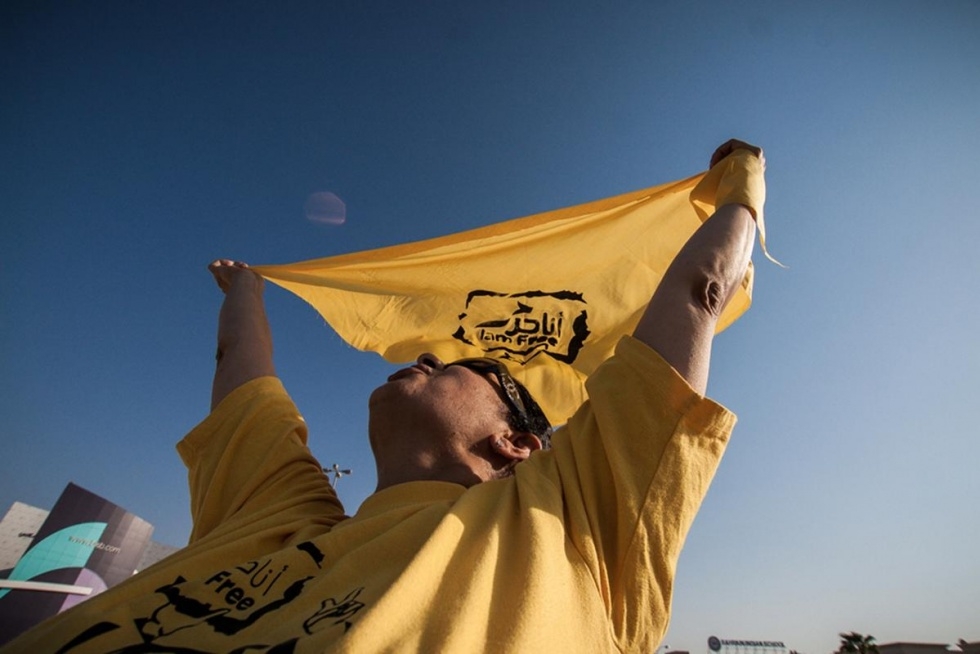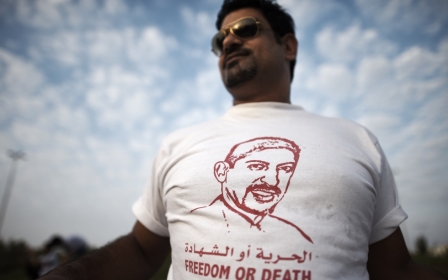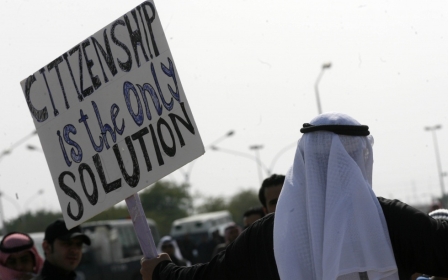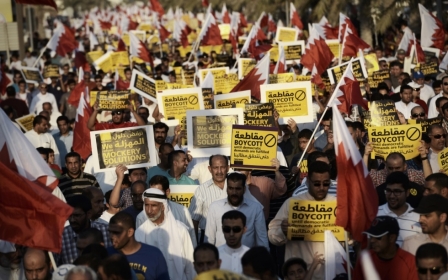Bahrain, Kuwait revoke citizenship of state opponents

Nine Bahrainis have been jailed for life and stripped of their nationality for smuggling arms to be used in "terrorist acts", the Gulf kingdom's prosecutor general announced on Monday.
A Manama court also found all nine guilty of having contacted an agent of an unnamed foreign country "to carry out acts hostile to Bahrain", he said in a statement.
The case dates back to February 2013 when authorities in the country announced they had dismantled a "terrorist cell" with links to Iran.
Members of the group spied for Tehran and its elite Revolutionary Guards, the interior ministry said at the time, and had set up an armed organisation called Jaish al-Imam, or the army of the imam.
Dozens of Bahrainis have been given lengthy prison terms after being convicted of involvement in protests which have shaken the country since February 2011.
The tiny kingdom, home base for the US Fifth Fleet, remains deeply divided three years after authorities crushed the uprising.
Protests in villages around the capital still spark clashes with police.
Meanwhile, Kuwait revoked the citizenship of 18 people on Monday, including that of prominent opposition activist Saad Al-Ajmi, who is spokesman of the nationalist opposition Popular Action Movement.
"It's clear that they are targeting people with political positions," said Ajmi.
The state news agency KUNA said that 11 of the 18 were naturalised citizens whose Kuwaiti nationality had been granted not in accordance with the law.
But there was no official explanation given for the other seven nationals, who include Ajmi.
Kuwait had already revoked the citizenship of at least 10 people since July, including a number of Islamist opposition figures.
The government has banned public gatherings of more than 20 people without a permit, and is cracking down on those deemed to "undermine the stability" of the state.
Despite having an elected parliament, the country's ruling family appoints government and influences its key decisions.
New MEE newsletter: Jerusalem Dispatch
Sign up to get the latest insights and analysis on Israel-Palestine, alongside Turkey Unpacked and other MEE newsletters
Middle East Eye delivers independent and unrivalled coverage and analysis of the Middle East, North Africa and beyond. To learn more about republishing this content and the associated fees, please fill out this form. More about MEE can be found here.




